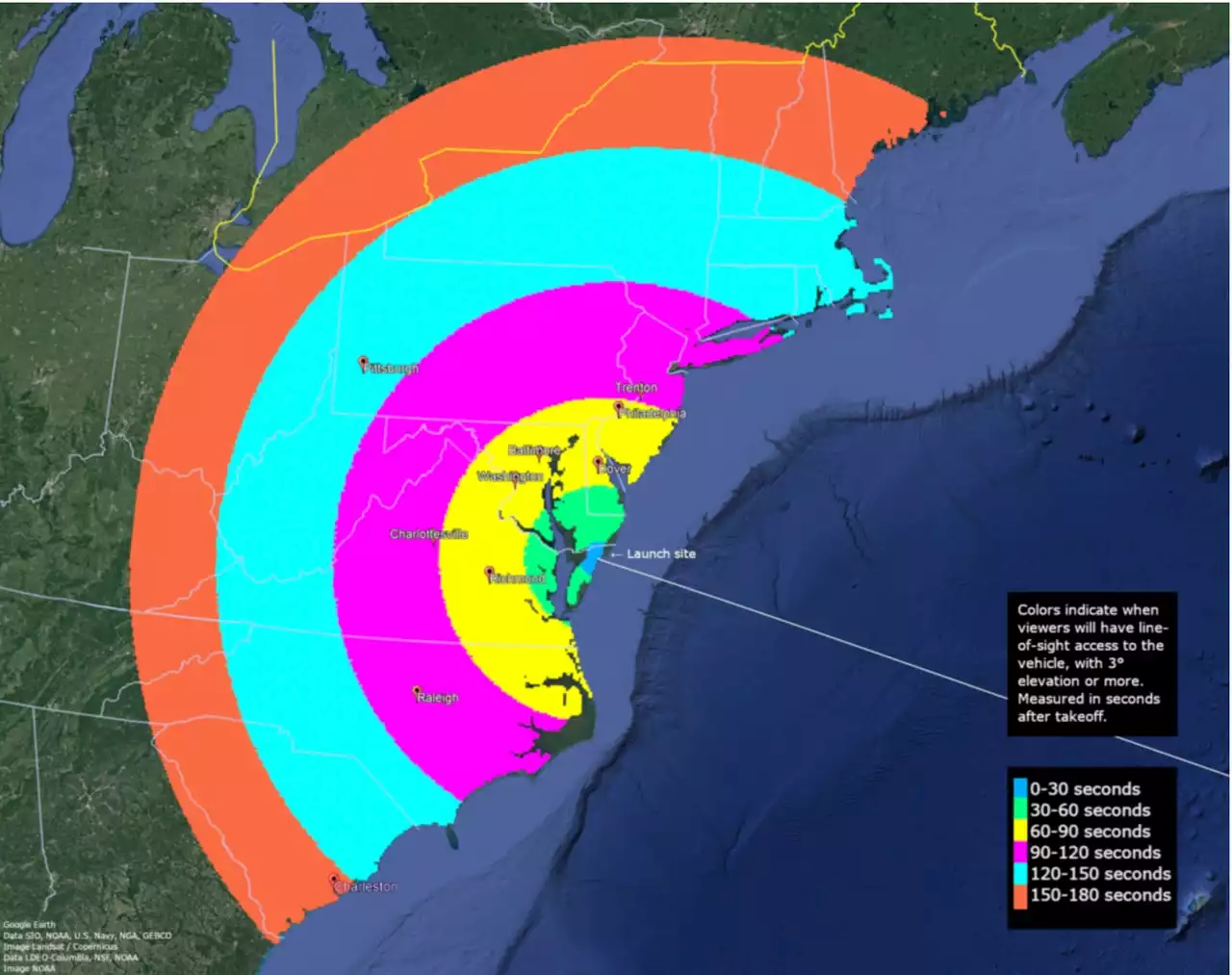After days of delays, the rocket is now scheduled to lift off Friday from the NASA Wallops Flight Facility in Virginia.
has been rescheduled twice and is now planned to be launched Friday from NASA’s Wallops Flight Facility, officials said. The launch window runs from 6 to 8 p.m. If the launch doesn’t take place Friday there are backup launch days through Dec. 20.
Skies in South Jersey are expected be clearer than elsewhere in the state, according to the National Weather Service. There’s a 60-90 second viewing window in that area.NASA The mission, named “Virginia is for Launch Lovers,” will deploy radio frequency monitoring satellites for HawkEye 360, a radio frequency data analytics company.
Argentina Últimas Noticias, Argentina Titulares
Similar News:También puedes leer noticias similares a ésta que hemos recopilado de otras fuentes de noticias.
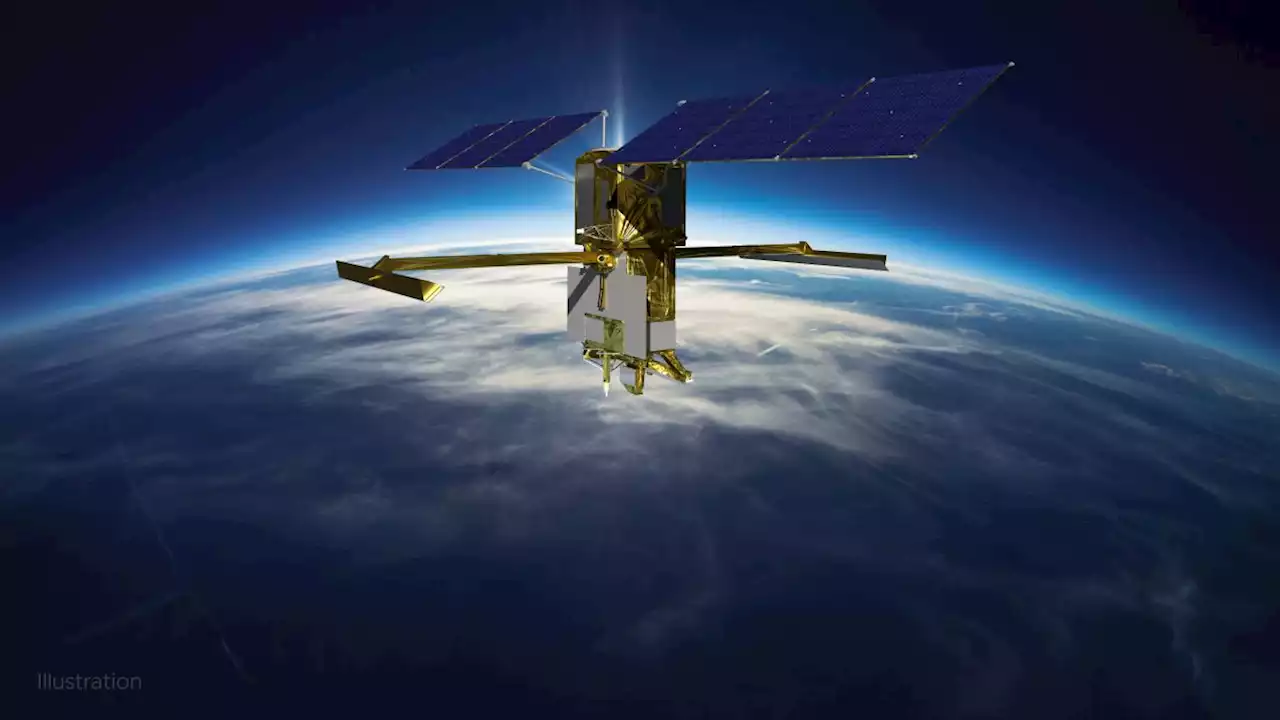 Rocket issue delays SpaceX launch of NASA water-watching satellite to FridayThe company wants more time to investigate moisture in two of its Falcon 9 rocket's nine first-stage Merlin engines.
Rocket issue delays SpaceX launch of NASA water-watching satellite to FridayThe company wants more time to investigate moisture in two of its Falcon 9 rocket's nine first-stage Merlin engines.
Leer más »
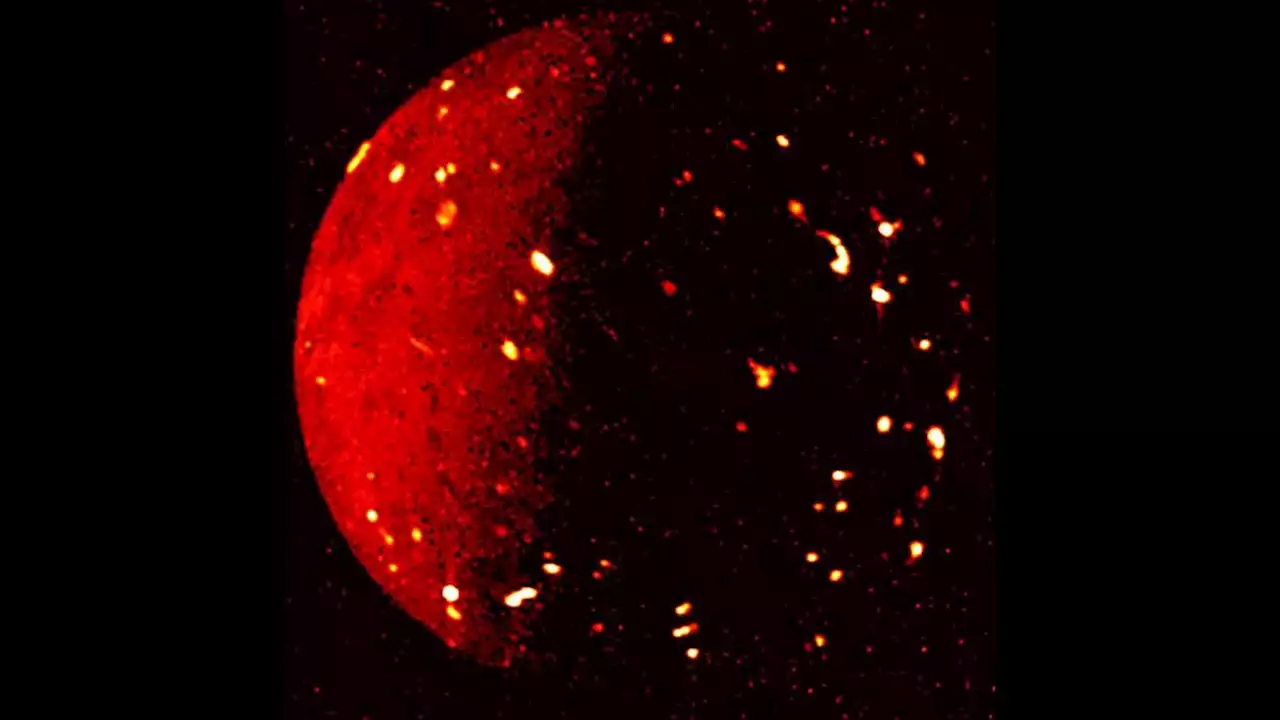 NASA probe to inspect the solar system's most active volcanic world, Jupiter's IoGet ready for Io, the most active volcanic body in the solar system.
NASA probe to inspect the solar system's most active volcanic world, Jupiter's IoGet ready for Io, the most active volcanic body in the solar system.
Leer más »
 After Russia’s exit from the Lunar Gateway, NASA has found a new partner in UAEAfter Russia’s exit from the Lunar Gateway, NASA has found a new partner in UAE -
After Russia’s exit from the Lunar Gateway, NASA has found a new partner in UAEAfter Russia’s exit from the Lunar Gateway, NASA has found a new partner in UAE -
Leer más »
 NASA Says We Need Nuclear-Powered Spacecraft to Keep Up With ChinaNASA officials urged a Congress committee hearing to hasten and scale investments in nuclear-powered spacecraft development! Because China is gaining.
NASA Says We Need Nuclear-Powered Spacecraft to Keep Up With ChinaNASA officials urged a Congress committee hearing to hasten and scale investments in nuclear-powered spacecraft development! Because China is gaining.
Leer más »
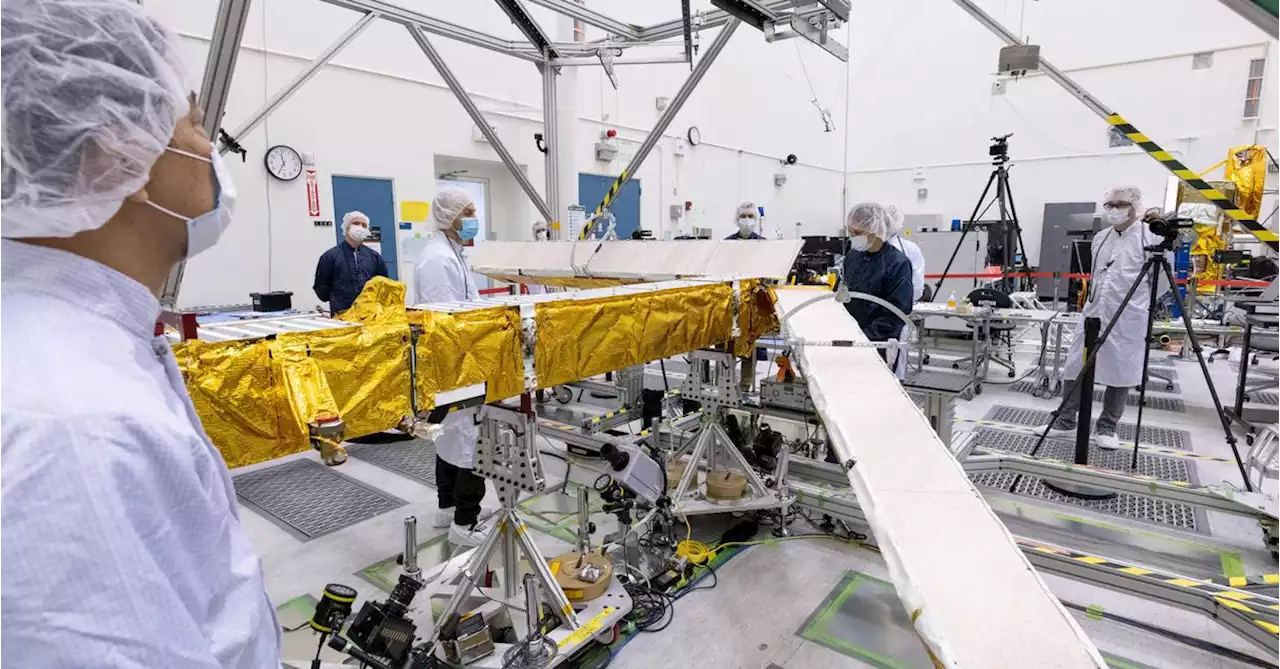 NASA to conduct first global water survey from spaceA NASA-led international satellite mission was set for blastoff from Southern California early on Thursday on a major Earth science project to conduct a comprehensive survey of the world's oceans, lakes and rivers for the first time.
NASA to conduct first global water survey from spaceA NASA-led international satellite mission was set for blastoff from Southern California early on Thursday on a major Earth science project to conduct a comprehensive survey of the world's oceans, lakes and rivers for the first time.
Leer más »
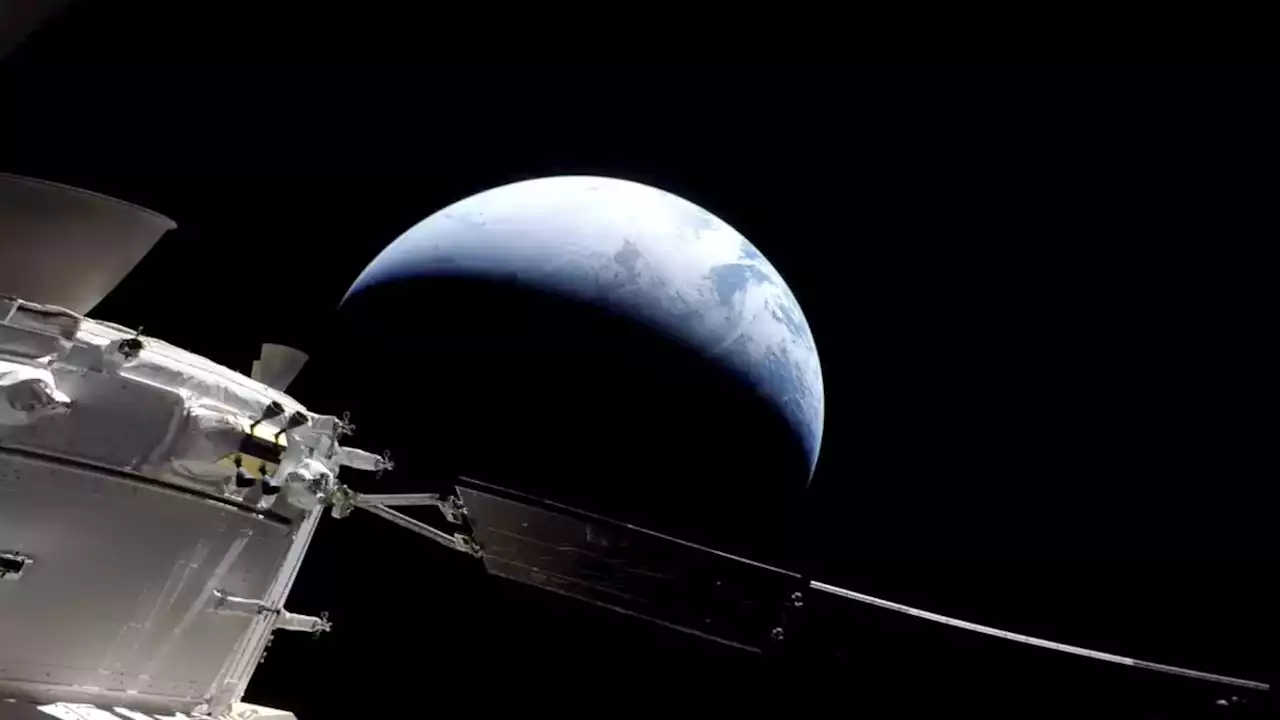 From James Webb to Artemis 1: NASA chief hails epic successes of 2022'2022 will go down as one of the most accomplished years in all of NASA history.'
From James Webb to Artemis 1: NASA chief hails epic successes of 2022'2022 will go down as one of the most accomplished years in all of NASA history.'
Leer más »
